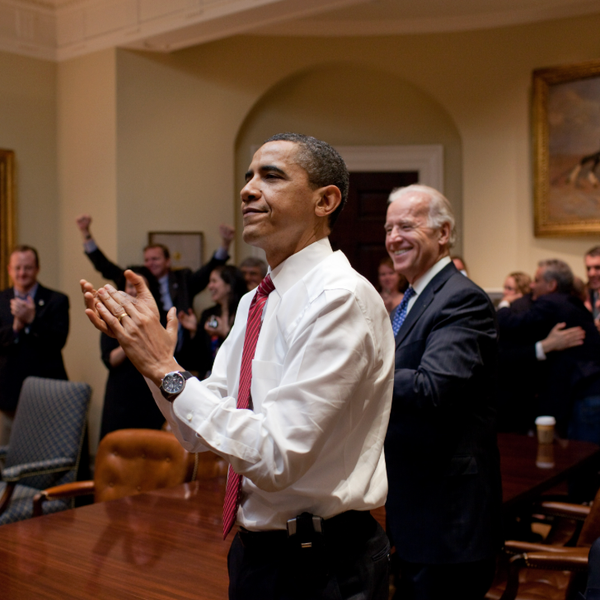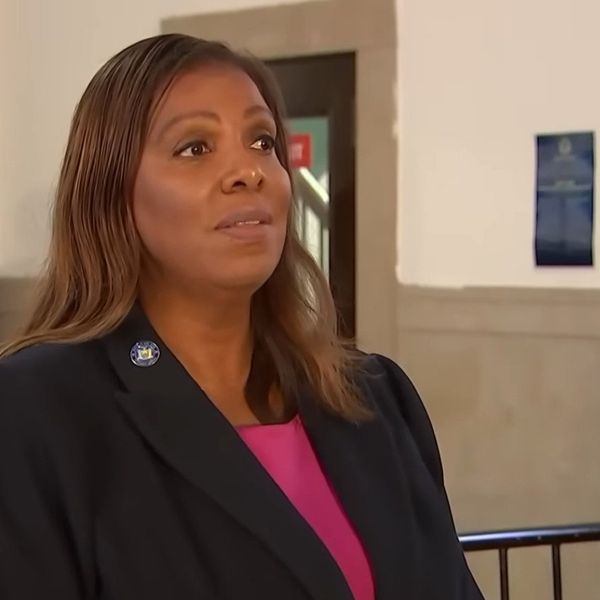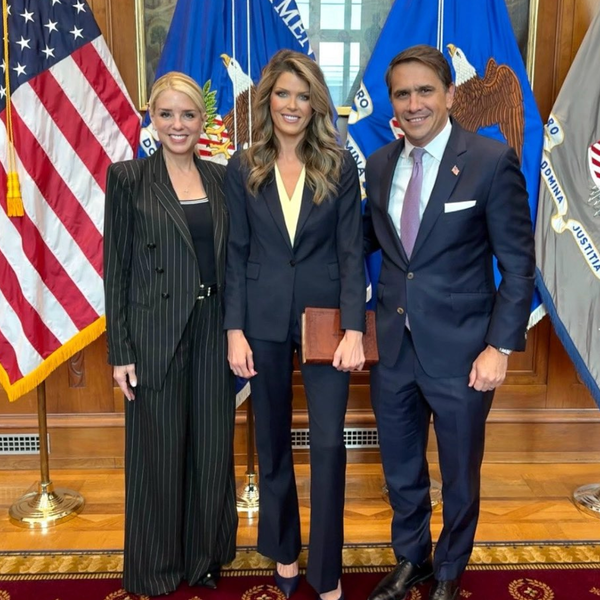
Now that the horses have left the barn, trotted out the front gate, and are galloping headlong down the county road, editors at the New York Times have taken to public bickering about who left the stalls unlatched.
Not that it’s doing the rest of us much good.
How the Times retains its pre-eminent place in American journalism after decades of politicized bungling at the highest levels continues to mystify. Almost regardless of how many fruitless “investigations” it flogs or catastrophic wars the newspaper enables, its editors invariable response to criticism remains “We’re the New York Times, and you’re not.”
Even when, as in the latest public challenge to the Times’s high opinion of itself comes from inside the building. Public editor Liz Spayd wrote a recent column arguing that regarding Donald Trump’s strange “bromance” with Vladimir Putin, the newspaper definitely left the stall doors ajar.
Headlined “Trump, Russia, and the News Story That Wasn’t,” Spayd’s column argues that despite having plenty of potentially explosive information about an ongoing FBI probe into the Trump campaign’s alleged ties with Russian intelligence operatives, the newspaper sat on the story.
“Conversations over what to publish were prolonged and lively” she writes “involving Washington and New York, and often including the executive editor, Dean Baquet. If the allegations were true, it was a huge story. If false, they could damage The Times’s reputation. With doubts about the material and with the F.B.I. discouraging publication, editors decided to hold their fire.”
Spayd believes the Times was too timid by half. “If you know the F.B.I. is investigating, say, a presidential candidate, using significant resources and with explosive consequences, that should be enough to write.”
It may also be worthwhile recalling, although Spayd somewhat downplays the comparison, how the newspaper handled an investigation of Trump’s rival. The Times treated FBI Director James Comey’s highly irregular October 28 letter re-opening the agency’s fruitless probe into Hillary Clinton’s emails like the Pearl Harbor attack. There was hardly anything else on the front page.
Then on October 31, the Times delivered itself of a front-page exclusive headlined “Investigating Donald Trump, F.B.I. Sees No Clear Link to Russia.” Anonymous “law enforcement officials” said so. Russian hacking of Democratic emails, the article concluded “was aimed at disrupting the presidential election rather than electing Mr. Trump.”
Since the election, the Times has reversed itself: “Both intelligence and law enforcement officials agree that there is a mountain of circumstantial evidence suggesting that the Russian hacking was primarily aimed at helping Mr. Trump and damaging his opponent.”
Too late. Before the November 8 contest most of the national media followed the Times’ lead in soft-pedaling the Moscow connection. Regardless of its blunders, the newspaper’s influence remains canonical. Reporters want to work there pretty much the way whiz kids want to go to Harvard.
Meanwhile, as CNBC reported, none other than “FBI Director James Comey argued privately that it was too close to Election Day for the United States government to name Russia as meddling in the U.S. election.”
Oh no, perish the thought.
Just the other day, President Trump actually blew Comey a kiss at a White House reception. He’s so impulsive and unpredictable, our president.
Comey gets to keep the job.
But back to the internal dispute at the New York Times. Liz Spayd’s column about editorial foot-dragging so annoyed Executive Editor Dean Baquet that he took to the rival Washington Post to characterize it as “a bad column,” with a “ridiculous conclusion.”
Writing to the always provocative Erik Wemple blog, Baquet denies that the Times got played by its sources. “We did not have a story. It was unpublishable speculation,” he writes. “It made no difference what the Feds wanted. She doesn’t understand what happened. We reported the hell out of this, as did other news organizations, and we could prove nothing….When a news organization concludes that it cannot prove something, it doesn’t get to say, ‘I want to show you my notebook anyway.’”
Point taken. Not that it’s ever kept the Times from publishing speculative “scandal” stories over the past quarter century or so. Although Spayd’s too politic to say so, it appears that she could also be speaking on behalf of Times reporters whose stories got spiked. Either way, we’ve likely not heard the last of this intramural conflict.
Of course, the most effective response to an accusation of editorial cowardice is a demonstration of editorial courage. The incoming Trump administration will give surely Baquet and everybody else plenty of chances. As the Times has since reported, Trump took office amid an ongoing counterintelligence probe of numerous associates. Short of a high-level Russian defector, however, it’s hard to imagine Americans will ever know the complete truth.
To catch a runaway horse, it’s helpful to carry a bucket of feed. Chasing them, however, is futile; you’ve got to let the animals come to you.
IMAGE: Donald Trump greets supporters during his election night rally in Manhattan. REUTERS/Mike Segar








